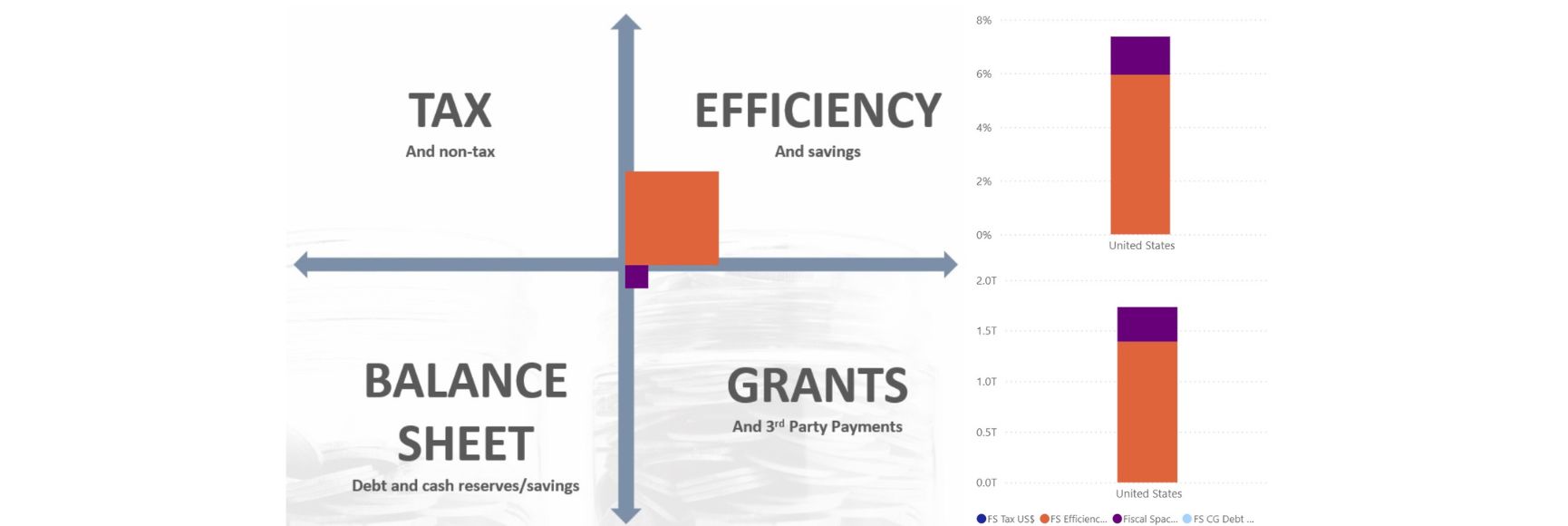
Posted by Jean-Luc Helis, Robert Clifton, Paul Seeds, and Amitabh Tripathi[1]
Strengthening fiscal reporting is a priority reform in the countries covered by IMF’s AFRITAC South (AFS) and East AFRITAC (AFE). Improvements in this area have benefitted from other PFM reforms including the modernization of legal frameworks, enhancements of FMISs, improved fiscal transparency, and adoption of International Public Sector Accounting Standards (IPSAS). Progress, however, has been slow and uneven across the region. While Tanzania, South Africa, Seychelles, and Mauritius have achieved notable improvements, a lot more needs to be done in other countries.
AFS and AFE in collaboration with the Common Market for Eastern and Southern Africa (COMESA) Secretariat and the Southern African Development Community (SADC) organized a five-day regional workshop on “Public Sector Accounting and Financial Reporting” in Pretoria, South Africa, during January 2019. The workshop was attended by 41 officials from the ministries of finance of 19 AFE and AFS countries.[2]
The workshop was designed around the following themes:
- key concepts of accounting and fiscal reporting, and an assessment of current practices and challenges in the region;
- an overview of IPSAS and key preconditions and challenges in implementing the cash and accrual-based standards;
- linkages between accounting, financial and statistical reporting, and a comparison of government finance statistics (GFS) and IPSAS; and
- key drivers and challenges in implementing international standards of fiscal transparency.
The workshop aimed at striking a balance between international good practices and a realistic and practical approach to reform. It provided an opportunity for peer learning through the sharing of knowledge and experience on several country case studies. Participants made presentations on developing an accrual implementation roadmap (Mauritius, Rwanda and Uganda); implementing cash-basis IPSAS (Seychelles); establishing a public-sector accounting standards board (Kenya); reforms in annual financial reporting (South Africa); and implementing the accrual basis IPSAS (Tanzania). In addition, the participants engaged in practical group exercises on topics such as the preparation of cash- and accrual-based financial statements, and the issues and challenges in sustaining and extending reforms in these areas.
The discussions focused on five principal areas:
- Adopting a realistic approach: participants recognized the need to adopt a strategic and phased approach to implementing accrual-based IPSAS. Addressing the deficiencies in cash-based accounting, and improving the disclosure of data on financial assets and liabilities were important stepping stones in the transition to accrual-based IPSAS. But a formal declaration of compliance could only be made once all the standards had been adopted, at the end of the transition period allowed under IPSAS.
- Sound implementation strategy and careful planning: a sound implementation strategy was vital for successful implementation of accrual accounting. Key elements included undertaking a gap analysis of current reporting practices; establishing a dedicated project management team to spearhead and coordinate the implementation of the reforms; and preparing a detailed roadmap that takes account of the national capacity constraints and addresses change management issues. The participants also noted the importance of high-level political support and commitment, an effective communication strategy, and good coordination with audit institutions and other public sector entities.
- Introducing complementary reforms is a key prerequisite: the PFM legal framework may need to be amended to support changes in the basis of accounting and financial reporting. Harmonizing the reporting requirements under IPSAS and GFS could be achieved through an appropriately structured chart of accounts. Other improvements included development of accounting policies and manuals, and enhancements to the reporting functionalities of the FMIS to support these changes.
- Improving the coverage of fiscal reports: many countries want to extend the coverage of their reports beyond budgetary central government to include extra-budgetary units, statutory funds, donor funds, social security funds, sub-national governments, and state-owned enterprises. Participants also highlighted the importance of gradually improving the coverage of financial assets and liabilities, including public sector pensions, and developing nation-wide asset registers for better identification and recording of non-financial assets.
- Upgrading capacity within the public sector: participants recognized that continuous training and skills development was required so that a critical number of professionally qualified staff was available to support and sustain improvements in financial reporting. Training programs could be developed in partnership with national accounting bodies that provided professional accounting qualifications. The use of consultants on a case by case basis to facilitate the transfer of skills could also be helpful.
The networks established during the workshop should provide further opportunities for peer learning in the region. AFE and AFS will continue to support such initiatives and provide sustained technical assistance to support improvements in financial reporting and transparency in the region. Further information on the workshop is available at http://www.eastafritac.org and http://www.southafritac.org. Readers are encouraged to share any comments and relevant experience on the topics discussed at the workshop.
[1] Resident PFM Advisors, AFRITAC South, Mauritius, and East AFRITAC, Dar es Salaam, Tanzania.
[2] These included Angola, Botswana, Lesotho, Madagascar, Mauritius, Mozambique, Namibia, Seychelles, South Africa, Swaziland, Zambia, and Zimbabwe (AFS countries); Eritrea, Ethiopia, Kenya, Malawi, Rwanda, Tanzania, and Uganda (AFE countries).
Note: The posts on the IMF PFM Blog should not be reported as representing the views of the IMF. The views expressed are those of the authors and do not necessarily represent those of the IMF or IMF policy.





